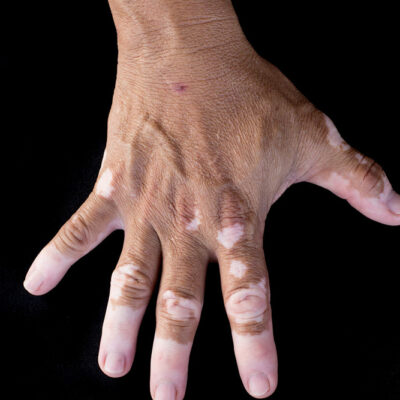
Polycythemia vera – Causes, symptoms, and remedies
The red blood cells in the blood are made in the bone marrow. The cells contain hemoglobin, a protein that carries oxygen from the lungs to various regions of the body. However, sometimes people may develop a condition called polycythemia vera that causes the bone marrow to create excessive red blood cells. The elevated RBC count thickens the blood, slowing down its flow. While the disease is rare, it may lead to health complications. Causes The exact cause of polycythemia vera is yet to be determined. However, the disease develops when there is a mutation in a gene that may trigger problems in blood cell production. The body usually regulates the quantity of each of the three types of blood cells—red blood cells, white blood cells, and platelets. However, when one develops polycythemia vera, the bone marrow produces an abnormally large number of these cells. Symptoms Many people with polycythemia vera do not have noticeable symptoms, mainly because the condition progresses gradually. Some vague symptoms caused by the disease are dizziness, fatigue, blurred vision, and headache. However, more specific symptoms include: Numbness, burning or tingling sensation, and weakness in the hands, feet, legs, or arms Itching after a warm bath or shower Unusual bleeding, including bleeding gums or a nosebleed Painful swelling in one of the joints, usually the big toe Feeling full after eating and bloating or pain in the left upper abdomen as a result of an enlarged spleen Difficulty breathing while lying down Shortness of breath Remedies If one is diagnosed with polycythemia vera, the doctor will recommend treatments such as frequent blood withdrawals or prescription options to reduce the number of red blood cells.





